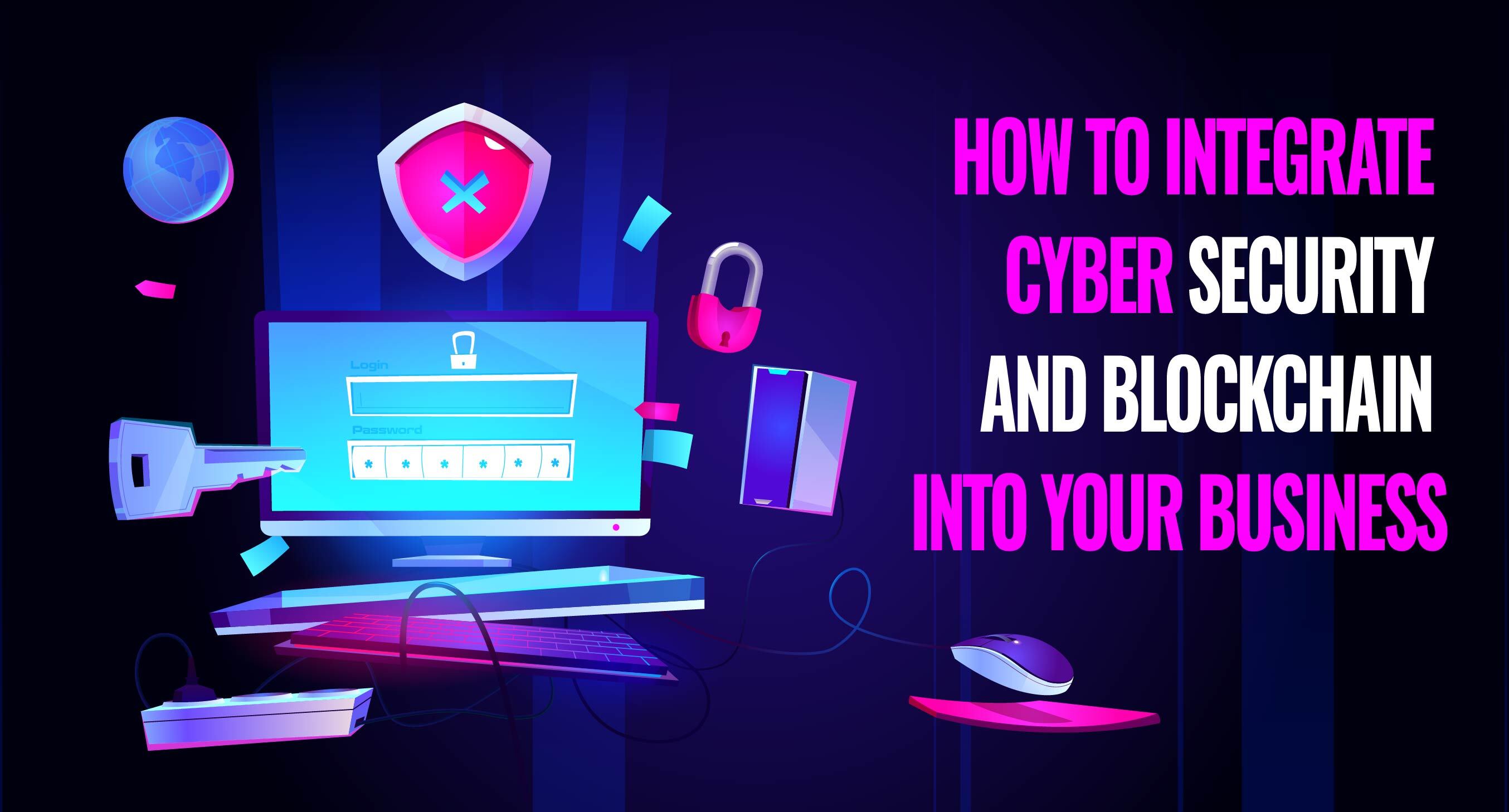More technical expertise is needed to integrate blockchain technology with traditional business processes and create a custom solution for your company. Thankfully, more and more B2B enterprises are recognising the need for more user-friendly ways to enable business owners to make use of blockchain technology.
Blockchain-as-a-service (BaaS) is also being implemented by certain major corporations. One such company is Amazon, which makes use of Ethereum and Hyperledger private blockchain solutions. Let's review all the processes to consider, starting with selecting the blockchain to use.
After understanding all the processes regarding the integration of cyber security and blockchain into your business, if you plan to share your thoughts via submitting Blockchain, Write for Us blog posts then first you have to go through the required guidelines.
Design
The first and most important stage in developing a blockchain-based solution for your company is identifying a specific use case that will help you grow your enterprise.
DLT is utilised not only for financial transactions but also for safer database creation and improved supply chain management.
They are safer because the dispersed nature of the technology reduces the likelihood of single points of failure. The primary component of this initial step of the process is selecting the use case.
Choosing the Blockchain
There are a tonne of possibilities available, but even in this instance, your decision may be influenced by the original design and the selection of use cases that are more suited to your company.
Certain projects might call for more technological flexibility, quicker transactions, or more affordable prices.
Many factors also come into play when deciding between private and public blockchain solutions, and your inclination toward a particular consensus method may influence your decision significantly.
Implementing Tests
It would be very costly to create a blockchain from scratch or to conduct a trial-and-error process to determine whether already existing solutions are appropriate for your company. This would be especially true if you had to select a blockchain that charges fees for each transaction you wish to add to the ledger.
Because these tenants don't need you to invest actual funds, you can decide to test your ideas first in these situations with ease.
Launching a Beta Version
You can begin providing your solution to your clients or prospects, just like you would with any other form of project or product.
This is a crucial stage in figuring out any potential errors or areas that need work. You can go on to the next phase by using the minimal viable product (MVP) that you produce at this stage.
Marketing & Fundraising
This stage could make or break your idea. Building a solid community is more important for blockchain-related projects than it is for traditional projects or products, in particular.
Compared to other technologies, blockchain is still less widely used. The fact that it's frequently linked to cryptocurrencies doesn't always help; in fact, cryptocurrencies are stigmatised, frequently as a result of fraudulent initiatives that give their authors the opportunity to profit from total anonymity.
Because of this, it's critical to rely on communities that can comprehend and value your initiative. Strong communities can also draw funding, which will enable you to carry out your initiative.
ICOs, or initial coin offerings, are a very popular tactic in these situations. Project developers offer investors a set quantity of cryptocurrency-related tokens and typically "freeze" them for a predetermined period of time to prevent a sharp decline in value.
Launching the Final Project
The last step is to launch your finished project or product to reach a larger audience after completing all these procedures. Better yet, make your solution as easy to use as possible!
The third piece of advice is to constantly consider this kind of barrier if you want to create a public project in order to develop a solid business model, as country-specific legislative frameworks for blockchain-related initiatives and cryptocurrencies differ.






0 Comments